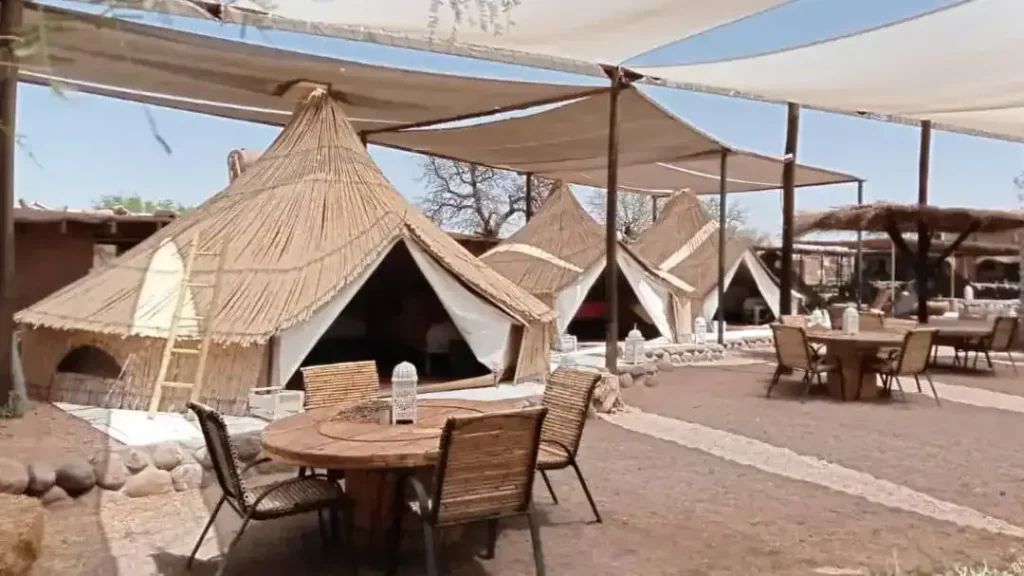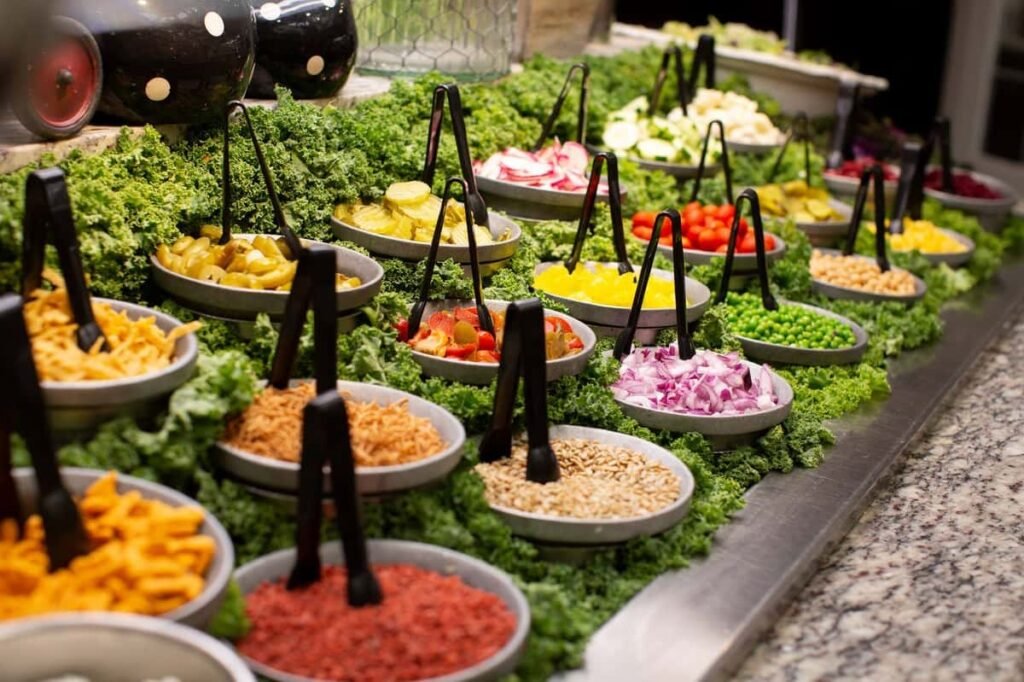Is it time to ditch the bucket list? Once considered the ultimate symbol of travel aspiration, bucket lists are now being questioned for promoting overconsumption, wasteful tourism, and superficial experiences. From all-you-can-eat hotel buffets to overcrowded landmarks, travelers are rethinking what truly matters in their journeys.
Is it time to ditch the bucket list and rethink abundance?
Towering stacks of pancakes, overflowing baskets of pastries, trays of sausages, and endless rows of fruit may look indulgent — but they come with a heavy price. According to the UNEP Food Waste Index Report 2024, global food waste reached 1.05 billion tonnes, with hotels and restaurants contributing 28%. Buffet breakfasts are among the worst offenders, wasting around 300g of food per guest compared to 130g with plated meals.

“Wasted food means wasted land, water, and energy — and once in landfill, it creates greenhouse gases that damage the planet,” says Jocelyn Doyle of the Sustainable Restaurant Association. “Breakfast is one of the simplest places to start cutting waste.”
How hotels are rethinking buffets in the age of bucket list travel
Hotels worldwide are experimenting with small but effective changes.
- Scandic Hotels downsizes pastries so guests can take less but return for more.
- Ibis Hotels uses smaller plates to encourage portion control.
- Hilton Frankfurt serves pre-portioned fruit cups and yogurts.
- Novotel Bangkok Sukhumvit places signs reminding diners: “Take only what you can eat.”
These subtle nudges reduce waste while still offering variety.
Why buffets make us overeat and how that shapes our travel choices
Consumer behavior expert Dr. Kelly L. Haws explains that buffets trigger the “variety effect” — the more options available, the more people tend to eat. Combined with the fixed-price mindset (“I need to get my money’s worth”), this leads to both overconsumption and excess waste.

Even eco-conscious travelers often underestimate their impact while in “vacation mode,” treating indulgence as part of the experience. Is it time to ditch the bucket list.
Is it time to ditch the bucket list? Shifts toward mindful dining
Hotels are adopting new approaches that align with changing guest values:
- Portion nudges: smaller plates, fewer dishes stacked at stations.
- Pre-portioned items: reducing waste while maintaining freshness.
- Cook-to-order stations: omelets, pancakes, and local specialties prepared as needed.
- Intentional layouts: salads or lighter foods placed first, heavier items later.
For many travelers, fewer choices create a sense of quality over quantity. Frequent traveler Dhanashree Thosar recalls a recent plated breakfast in Bangalore: “It felt intentional, not excessive; mindful, not indulgent. I left satisfied instead of guilty.”
Is it time to ditch the bucket list? Luxury redefined: From excess to intention
High-end hotel brands are reshaping the breakfast experience:

- Six Senses offers chef-driven market-to-table breakfasts.
- Anantara partners with pastry chefs, tea masters, and coffee roasters.
- Aman integrates wellness rituals like yoga or meditation before a bespoke morning meal.
Hilton Worldwide has pledged to cut food waste sent to landfills by 50% by 2030, with initiatives ranging from AI-powered kitchens in Tokyo to food donations in the Philippines and Indonesia.
The future of the breakfast buffet
Hospitality experts suggest that the buffet era may be fading. “Buffets once symbolized abundance, but today’s luxury is about care and thoughtfulness,” says chef Pichaya “Pam” Soontornyanakij. “A smaller, cooked-to-order menu creates less waste and a richer experience for guests.”
As hotels balance sustainability with service, the once-iconic cereal towers and bread mountains may give way to intentional, curated breakfasts that feel indulgent without excess. Is it time to ditch the bucket list.




